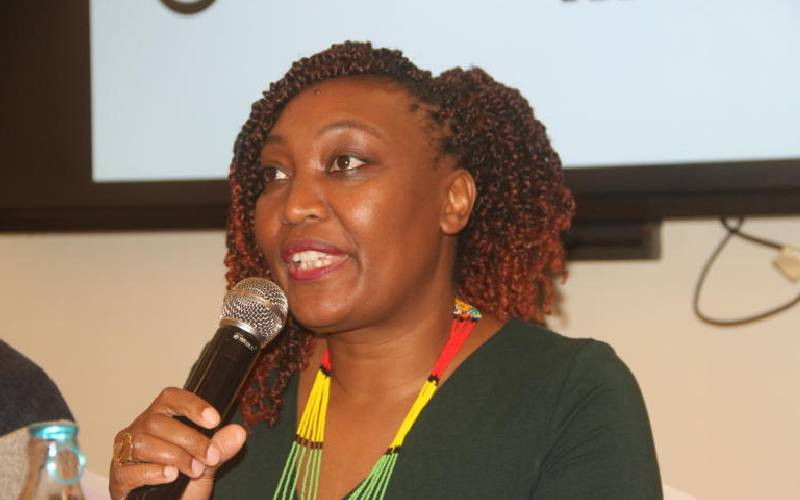×
The Standard e-Paper
Smart Minds Choose Us

Non-State Actors Committee (NSAC) who consisted of faith leaders, civil societies, and indigenous people have said the recently concluded Africa Climate Summit missed an opportunity to have a strong African position that established the route to addressing the climate crisis.
Speaking in Nairobi on Friday, the group said issues like adaptation did not get the priority it deserves.